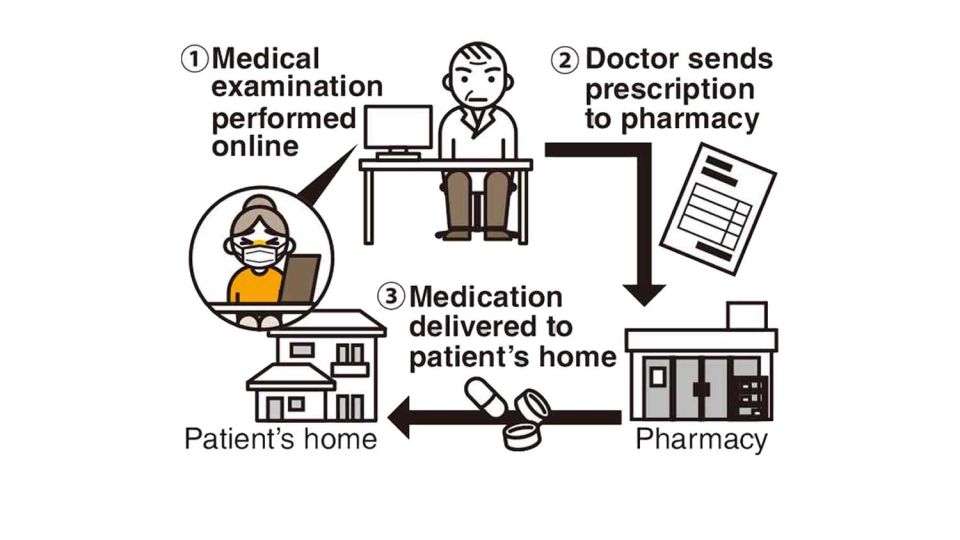November 28, 2022
TOKYO – With the number of daily infections of the coronavirus exceeding 100,000 nationwide and influenza on the rise in the Kansai region and elsewhere, the government is urging people to be fully prepared should they become infected.
In Australia, where the flu season is opposite to that of Japan and which is used as a guide for predicting epidemics, about 220,000 people were reported to be infected by August, a figure about 370-fold higher than the tally last year.
The number of people, especially children, who do not have adequate flu immunity has been increasing in Japan as the country has not had an influenza outbreak in the past two years.
With restrictions on activities eased, there are concerns about a simultaneous outbreak of influenza and COVID-19.
The government estimates that the maximum number of people to be infected with the coronavirus and influenza per day will reach 450,000 and 300,000, respectively, for a total of 750,000.
The government categorizes the infection situation in three levels — red, yellow and blue — and is calling for countermeasures. The level was raised to yellow on Nov. 18.
The public is being asked to purchase antigen test kits and anti-fever and analgesic medications in advance, as well as getting vaccinated for both the coronavirus and influenza.
Many people are unfamiliar with online medical care.
“Finding a medical institution in advance and getting examined will make it easier to see a doctor when you have a fever,” said Haruo Kuroki, chairperson of the subcommittee on online medical care of the Japanese Telemedicine and Telecare Association.
The Health, Labor and Welfare Ministry has released a list of medical institutions that offer online medical services on its website by prefecture.
Refraining from going to medical institutions could result in serious illness.
“If you feel that you have serious symptoms, do not hesitate to go to a medical institution,” Japan Primary Care Association President Tesshu Kusaba said.

